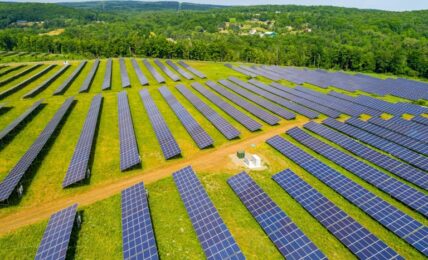Sustainability disclosure systems based on the emerging climate reporting standard under development by the International Sustainability Standards Board (ISSB) of the IFRS Foundation may soon require companies to provide additional transparency on impacts and risks related to natural ecosystems and the just transition, according ISSB Chair Emmanuel Faber.
Launched last year at the COP26 climate conference, the ISSB is currently in the process of developing its first 2 proposed standards for company sustainability and climate related disclosures around the end of this year, and to issue the final standards as early as possible in 2023. Regulators in major jurisdictions around the world including Europe, the UK and the U.S., among others, have introduced or are preparing mandatory sustainability reporting requirements for companies, and most will be heavily influenced by the ISSB standards.
In a keynote speech on Wednesday at the COP15 Biodiversity conference in Montreal, Faber said that following strong feedback on the connection between climate, natural ecosystems and a just transition, the board has decided to pursue incremental enhancements to its soon-to-be-released Climate-related Disclosure Standard.
Faber said:
“We have decided that we will immediately advance work to build from the climate standards, which should be ready in the next few months, to extend that immediately to the connection to natural ecosystems, deforestation, biodiversity and the connection to the just transition.”
According to Faber, the enhancements to the climate reporting rules are being considered given the clear connection between the ability of companies to implement their climate resilience plans with the need to address topics in natural ecosystems, such as deforestation and biodiversity, and human capital, such as the reskilling of the workforce.
The ISSB said that it will consider the work of the Taskforce on Nature-related Financial Disclosures (TNFD), which is currently developing a framework aimed at enabling and guiding organizations to report on evolving nature-related risks, with a particular focus on the TNFD’s work on the connection between climate-related and nature-related topics, as well as other initiatives focused on the materiality of these issues.
Faber added:
“Nature is one of the first victims of climate change, but it is also a provider of solutions.
“Nature-based solutions are here. We do not put a value on them – but we will tomorrow, through the disclosures we are going to work on.”
The post ISSB to Add Biodiversity, Just Transition Disclosures to Climate Reporting Standard appeared first on ESG Today.



